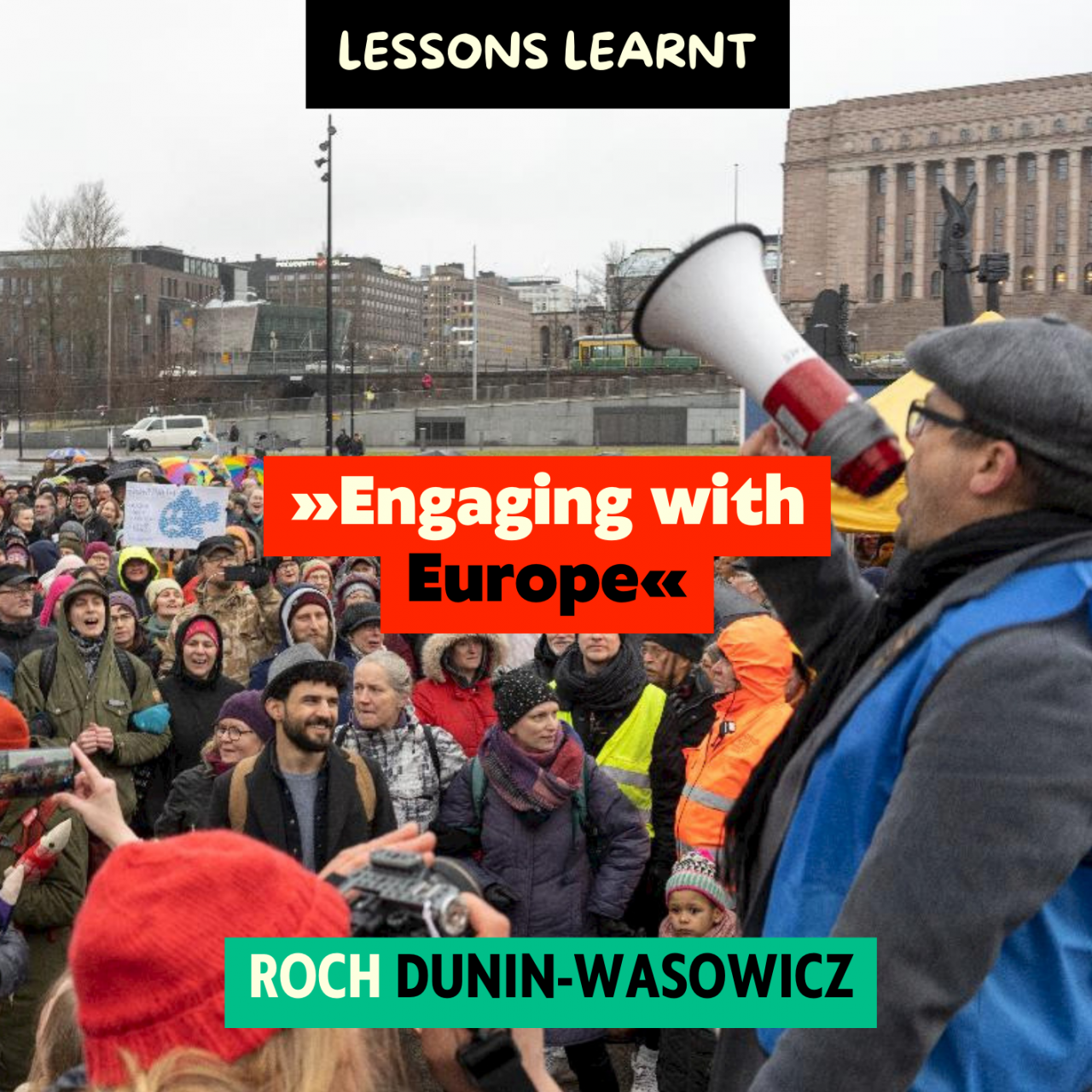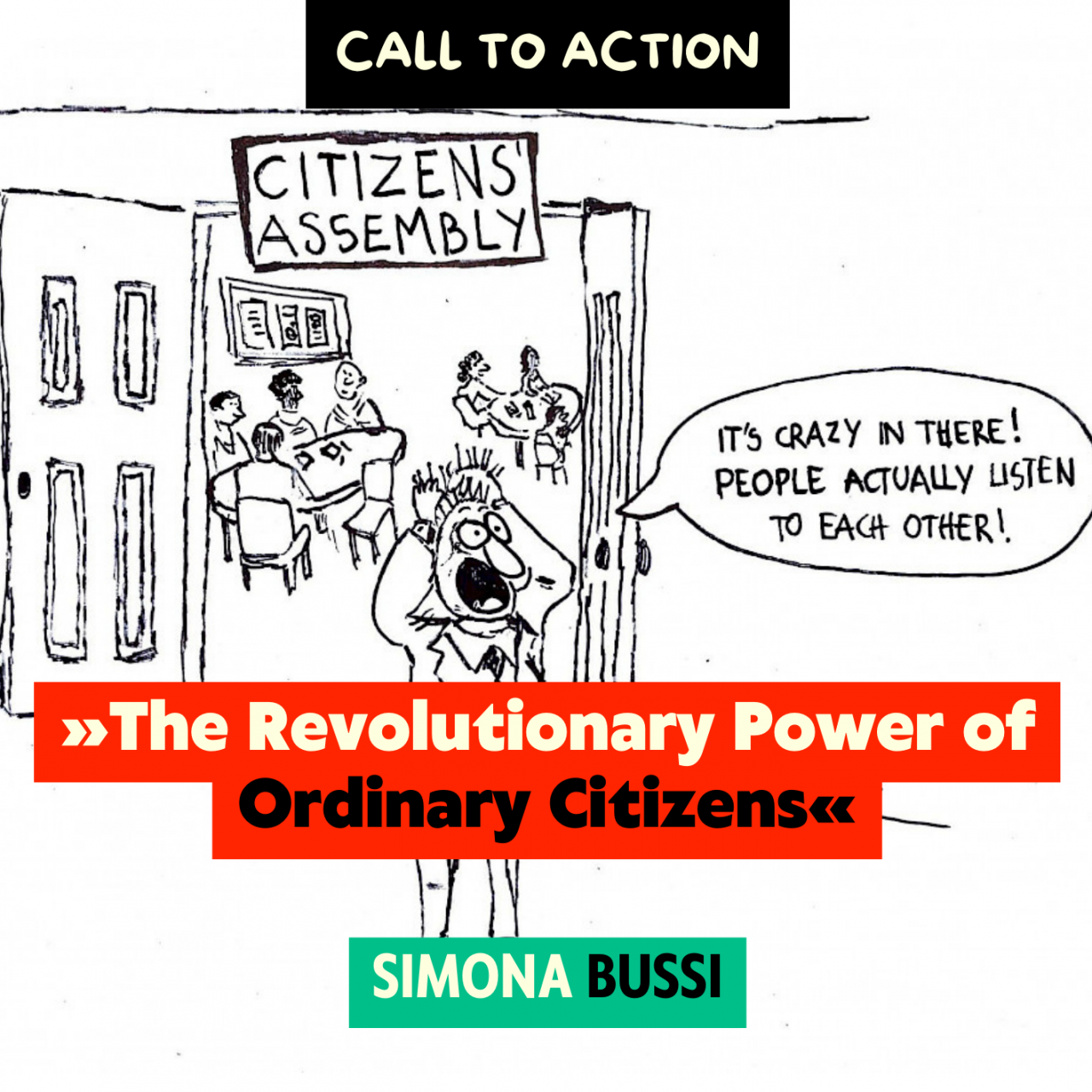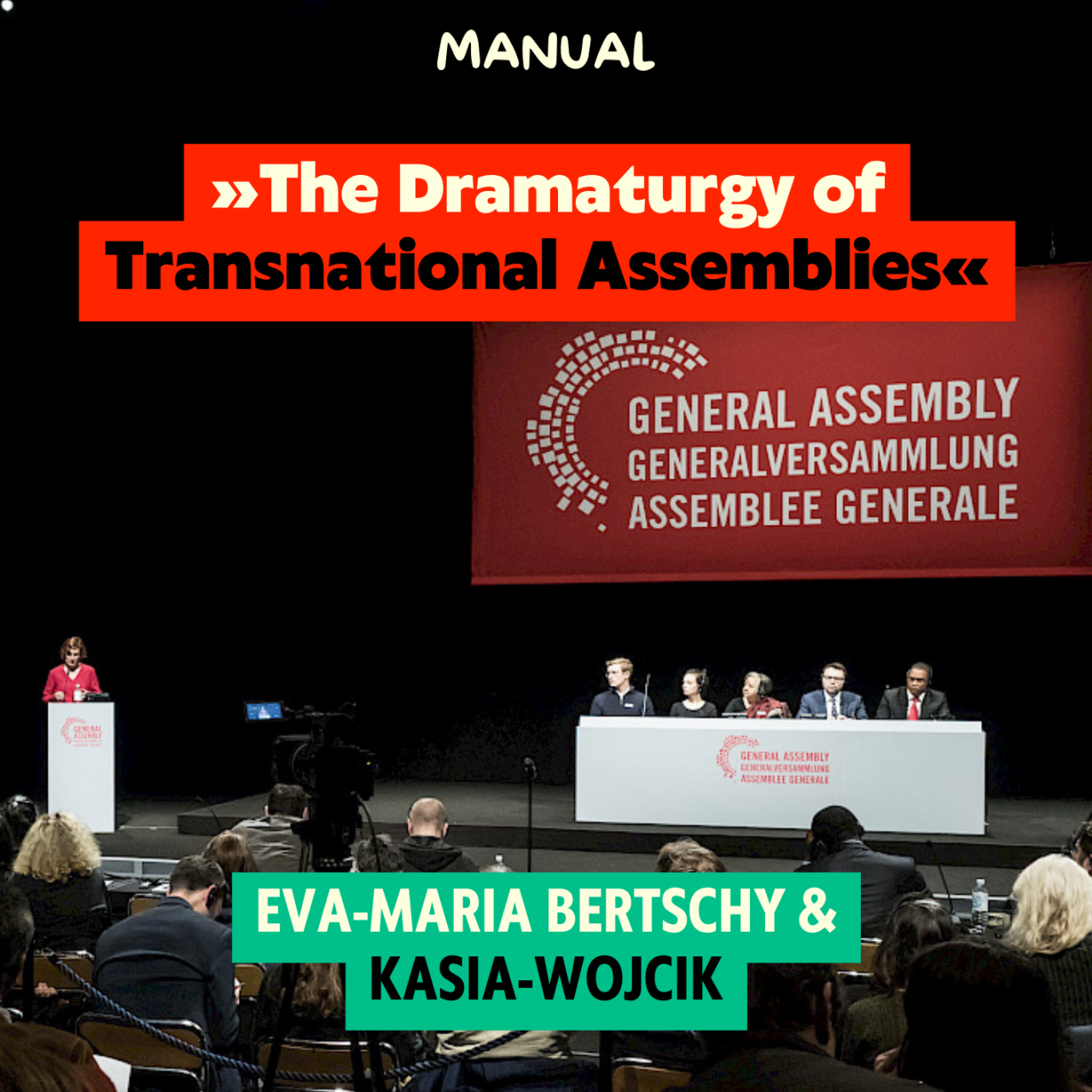There is something fascinating in writing this article at the end of 2020. Our reference points, our existential compass and our flows of emotions and ideas are extremely interconnected by the technological infrastructure that allows us to operate together, by the contextual information of our daily lives uniformised by the pandemic around us, and by the new forms of human distancing within us. And the climate crisis is lurking more and more ominously in our lives. Whether we realise it or not. But to be honest, it is harder and harder to ignore it. Even if - like me - you are not an environmentalist by training.
In this article I will look at three 'aha moments' of transnational activism and its connections with democratic processes in the European Union, starting from the experience that was gained by a nascent European citizens movement, EUMANS, while coordinating a European Citizens Initiative, StopGlobalWarming.eu, for a carbon pricing in the European Union in the middle of a global pandemic. These three 'aha moments' are: the sudden awareness triggered by the pandemic, the role of citizens in decision making processes, and the instruments available for citizens.
These three can and should be transformed into the vital energy of a much needed confidence of transnational movements in their ability to have a political and democratic impact.
To be more specific:
- 2020 as the year of 'sudden awareness' or 'realising what water is': Pandemics and climate as moments of awareness for humanity;
- The role of citizens in decision making processes: demanding a crucial role at the 'democracy table' for those who use the instruments provided by the European Treaties (or for what that matters National Constitutions and even Local Statutes in Municipalities and Regions);
- The participatory instruments available for citizens: improving the toolbox of participatory democracy in itself and the need of reforms for the democratization of democracy in the European Union.
1. Realising What Water Is
The story of the 'Two Fishes in the The Water' was made famous by one of the most excellent and genius and bitter-sweet North American writers, David Foster Wallace. In the Commencement Speech delivered to the students of Keynon College, Wallace tells the story of the two fishes swimming in the water, that are not aware of what water is until someone else asks them 'how the water is today?'. Between February and March 2020 the whole of humanity realised what water is. With the explosion of the Covid-19 emergency we realised on our skins what a virus is, how it knows no borders, and what it takes to protect our lives. We discovered the very 'water' we are all swimming in.
The Covid-19 pandemic hit us like a sniper. And the only way to defend ourselves from the sniper’s bullets and their consequences (whether they are sanitary, economic, or social), is through the research for solutions that can be implemented beyond borders. Data collection and analysis, vaccines’ research and deployment for all, investments in research and sharing of knowledge, crisis management and civil protection needs to be elaborated and implemented through transnational collaboration. Covid-19 pushed us to rethink the productive system, the way how cities, public and private spaces are conceived, how access to health measures is guaranteed to all as well as social security. Because if this rethinking of the system is not well guided and it is not based on a foundation of justice and human rights, societies can unravel in an uncontrollable turmoil.
The space of action and interaction necessary for the expansion of a transnational network of 'goal-minded' people became completely 'digital'. The result of this 'forced digitalization' is powerful. If we pay attention to those structural elements that need to be reformed. The fact that we all now move in a full digital space, brings an incredible acceleration to transnational activism. But - if we do not pay attention - it also increases the risks of making transnational activism an urban middle-class debating club. Holding society together needs education, information, collaboration and decision-making processes that are based on proficuous dialogue in these newborn public spheres. It is with this awareness that the StopGlobalWarming.eu European Citizens Initiative was carried on during 2020.
2. Demanding a Crucial Role at the 'Democracy Table'
Greta Thunberg will get into history books. Whether you like her or not, this little teen with her tresses managed to wake up individuals across all the dimensions in which societies are divided: across age, across race, across gender, across class, and across borders. Combining scientific evidence with a simple message: we cannot wait. And each and everyone of us is responsible to find a way to play our part to change things. She was the one asking loudly 'How is the water?'.
Fair enough. Thanks to Greta! However a focus on new forms of transnational activism cannot ignore a foundational rationale: what is activism, and most importantly, what is the purpose of activism? And why an analysis on transnational activism that aims to offer a toolbox for all of us must include an honest account of existing 'participatory democracy instruments'. Without criticizing the God Mother - or rather the God Daughter - of the environmental cause, the purpose of any form of activism is 'victory'. Not the victory of an election, not necessarily the conquer of power, but the victory of a good idea over a bad idea, of good politics over bad politics, of justice over inequality.



